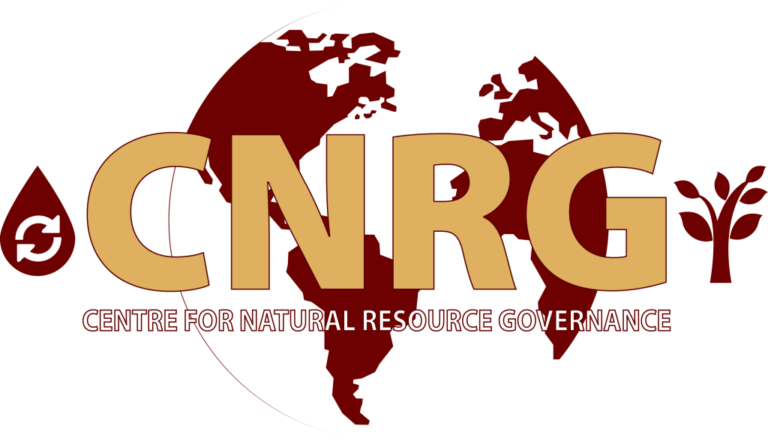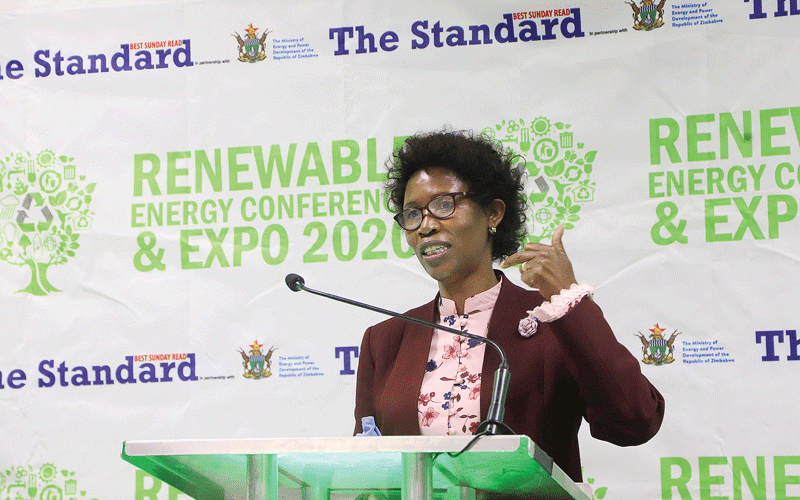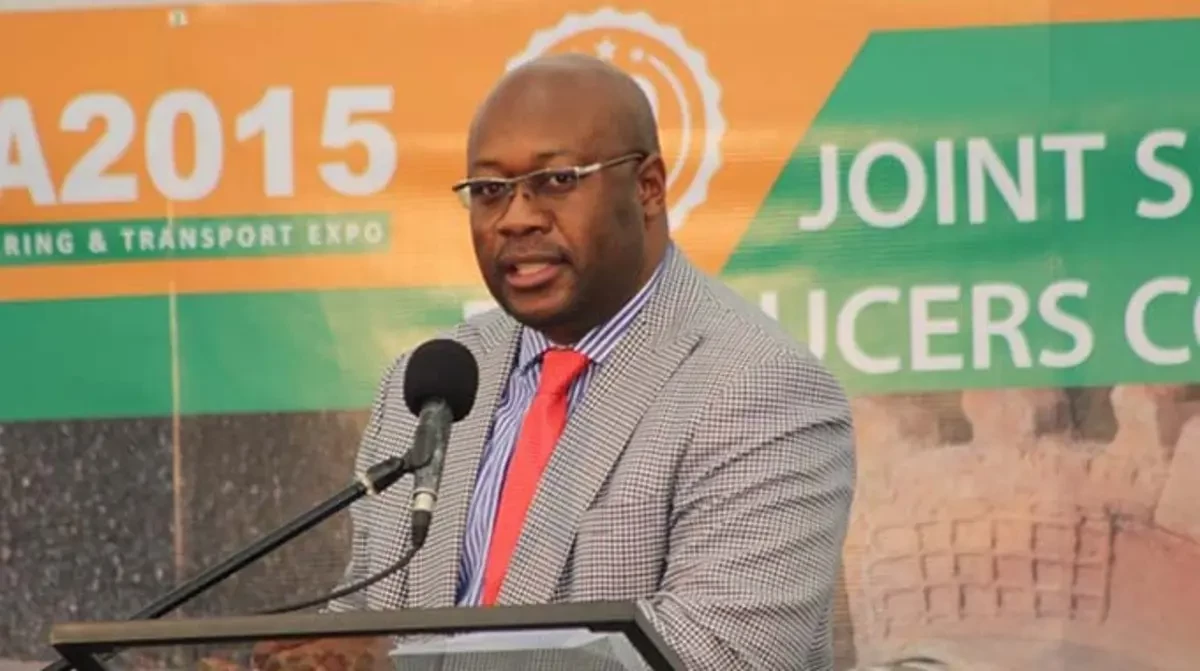
BY GARY GERALD MTOMBENI THE Centre for Natural Resource Governance (CNRG) has decried the plight of women in the extractive industry who endure systematic exclusion from natural resource governance by the state, capitalistic structures and other biases that hinder democratic participation of females in natural resource governance.
In a statement to commemorate women’s month, CNRG said policy discussions on natural resource governance and consultations on environmental impact assessments (EIAs) are predominantly male dominated.
“The sector itself remains predominantly male as compared to the other industries; thus, the concerns of women are never factored in the management and governance of natural resources. The social, economic and environmental impacts of the extractive industries are often differently experienced by men and women, women are increasingly becoming vulnerable to the negative impacts of extractive activities and less likely to have influence over how the resources are managed,” read the CNRG statement.
They said in Hwange, coal-seam underground fires have added onto women’s woes as they have to nurse injured children, some of whom have been left with permanent disabilities which affect their physical and cognitive functions.
“In Marange, Bikita and Lupane, women cannot freely gather firewood for domestic energy use for fear of being tortured by companies’ security guards and Forestry Commission rangers.
“In Mutoko, Murehwa and Uzumba-Maramba-Pfungwe, rural women continue to lose their land (for growing crops) to black-granite mining activities. Today, women in Dinde and Lubimbi face imminent evictions from their homes to pave way for coal mining and dam construction projects.
“Mazowe, Kadoma, Kwekwe, Zvishavane and Gwanda are no longer safe places for women due to marauding machete gangs preying artisanal gold mining areas. The high appetite for minerals by the elites in Zimbabwe has brought deep and extensive trauma to women across Zimbabwe,” CNRG said.
They called on the government to uphold section 80 of the Constitution which stipulates that every woman has full and equal dignity of the person with men, including equal opportunities in political, economic and social activities.
- Chamisa under fire over US$120K donation
- Mavhunga puts DeMbare into Chibuku quarterfinals
- Pension funds bet on Cabora Bassa oilfields
- Councils defy govt fire tender directive
Keep Reading
“Extractive activities should not diminish women’s access to economic and social assets. Women are the linchpins of communities, with key functions in ensuring the health, nutrition, education and security of those around them.”
CNRG said equal participation of women in decision making processes in the extractive sector is critical to addressing inequalities and ensuring that the sector is managed in the interest of all citizens.
“We can only sustainably manage our natural resources by recognising and promoting the participation of women in the extractive sector. Women remain the only hope for a sustainable future.”










